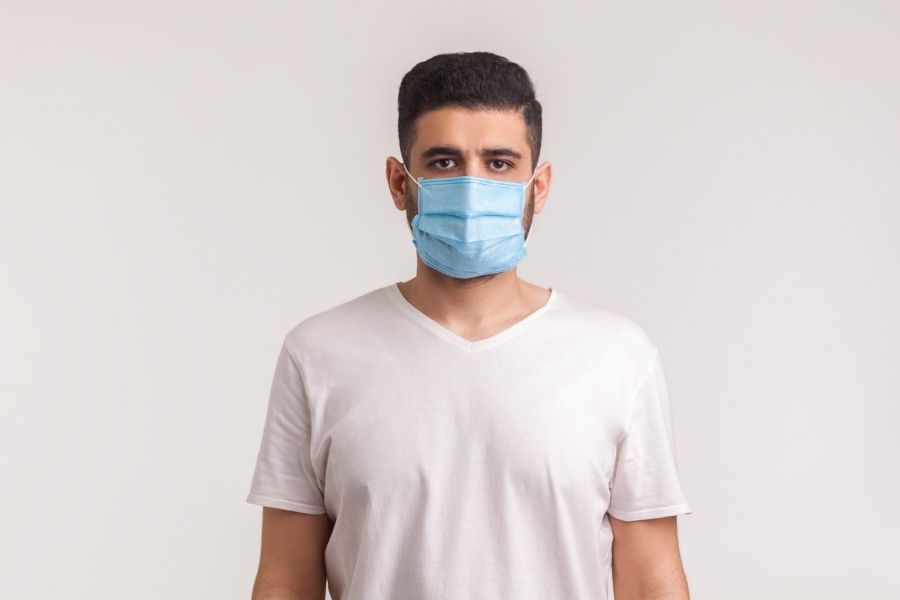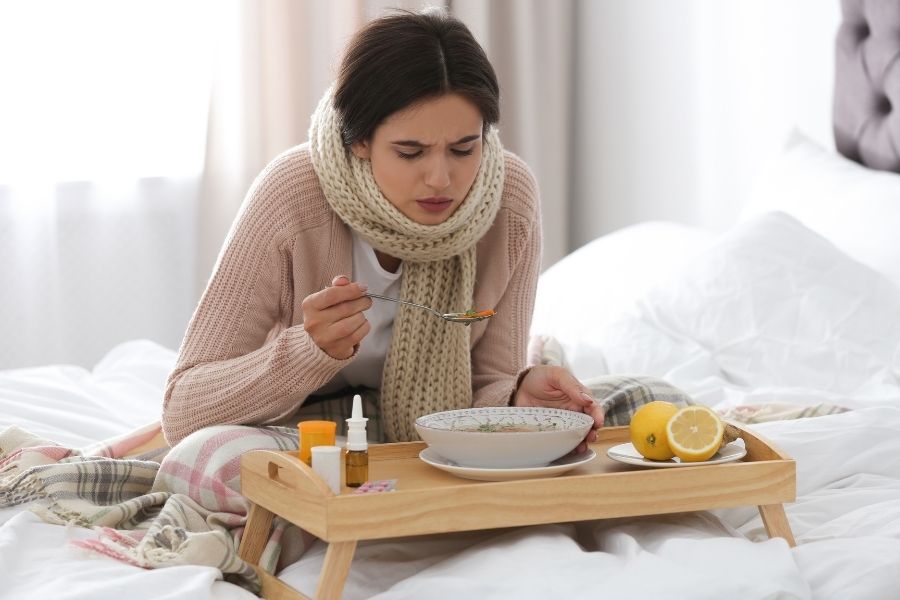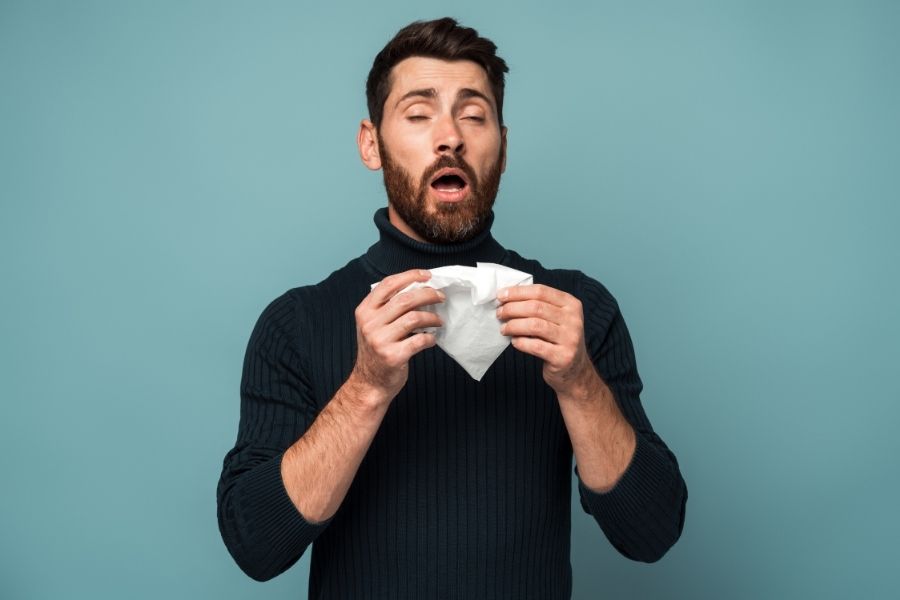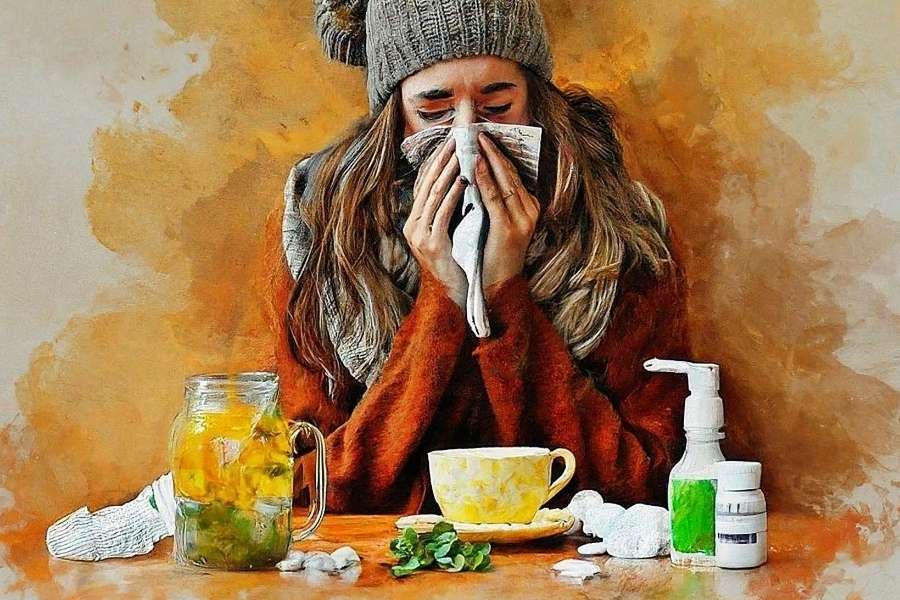As Kolkata experiences fluctuating temperatures and heavy humidity, the flu virus is out doing what it does best — spreading fast. Clinics across the city are reporting a sharp rise in seasonal influenza, affecting both adults and children. But when the sneezes start and the fever sets in, what should you really do – and not do?
DO: Recognise the flu for what it is
“Flu is a common seasonal respiratory illness caused by the Influenza virus. It’s spread through droplets or close contact with an infected person — not the weather,” explains M.S. Purkait, medical superintendent at Techno India DAMA Hospital.
Kausik Majumdar, consultant in Geriatric Medicine at Narayana Health, Howrah, adds, “Many people still mistake the flu for a side-effect of weather changes, but the cause is always viral. Weather only aids transmission.”
DON’T: Ignore symptoms or push through work
If you’re running a fever, coughing, sneezing or feeling unusually fatigued — stay home. “These symptoms are a sign to rest and isolate. It is usually self-limiting and goes away in 3 to 7 days” says Purkait. Isolation for five days from the onset of symptoms is advisable.
Trying to “work through it” puts others at risk and delays your recovery. Instead, treat the flu as a legitimate illness that requires rest — both for yourself and the people around you.
DO: Follow the basics — they matter

COVID habits, like handwashing, masking up and staying away from crowded spaces, are flu-fighters too Shutterstock
Handwashing. Masking up. Staying away from crowded spaces.
These aren’t just COVID habits, they’re flu-fighters too. “The flu virus spreads via droplets. Masks, hand hygiene, and distancing are still effective shields,”says Ruchi Golash, paediatrician at CMRI Kolkata.
Children are particularly vulnerable right now, with Influenza A infections on the rise. “High humidity and rain create perfect conditions for spreading. We’re seeing many children with high-grade fever, body pain, severe cough — and in some cases, needing hospitalisation,” she says.
DON’T: Self-medicate beyond paracetamol
Doctors across the board strongly advise against casual over-the-counter medication. “Only paracetamol is safe to take without a prescription. No antibiotics, no antihistamines, and definitely no cocktails of meds without consulting a doctor,” warns Majumdar.
If symptoms don’t ease in two days — or worsen — it’s time to see a doctor. In children, tests like BioFire, a painless nasal swab, can detect Influenza A. “Once diagnosed, a specific antiviral medicine called Antiflu can bring significant relief within 48 to 72 hours,” says Golash.
DO: Eat, Sleep, Hydrate, Repeat
You may not feel hungry when you have the flu, but nourishing your body is key. “Eat warm, nutritious food, fresh fruits and drink plenty of fluids like soups. Supplements like multivitamins — especially vitamin C — help recovery,” says Purkait.
Sleep is another powerful medicine. “Adequate rest allows your immune system to function and restore optimally. It’s as important as any pill you take,” he adds.

You may not feel hungry when you have the flu, but nourishing your body is key Shutterstock
DON’T: Delay treatment for high-risk groups
Elderly people, young children, and anyone with comorbidities like diabetes or heart conditions should not wait too long. “If symptoms persist beyond two days, consult a doctor early.We also recommend Covid testing to rule out co-infection, especially in vulnerable patients,” says Majumdar
DO: Get Vaccinated
All three doctors stressed the flu shot as a frontline preventive measure. “Vaccination reduces the severity of illness even if you do get infected. It’s especially important for the elderly, those with chronic diseases, children, and frequent travellers,” says Purkait.
The Bottom Line
The flu may be common, but it’s not to be taken lightly. Kolkata’s changing climate is fuelling its spread, and the only way to break the cycle is by staying informed, acting responsibly, and giving your body the care it deserves.
As Golash puts it: “Mask up, wash your hands, and don’t ignore your symptoms. Recovery starts with caution.”

